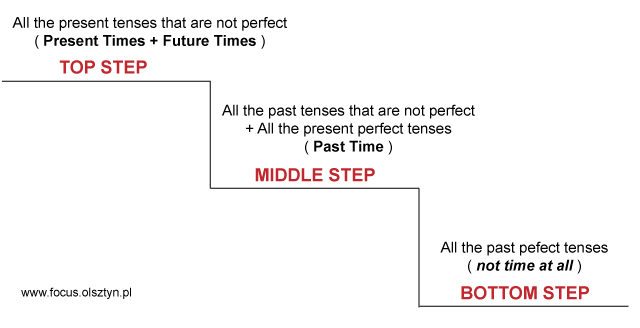If clauses in English
In English there are numerous ways in which if clause is expressed and a special meaning extra to that given to words is hidden behind most of them.
What the hidden meaning is first depends on whether the clause is subjunctive or indicative and secondly whether the if clause refers to the past or the present or the future.

If the time and the tense of if clause are not on the same step then the clause is SUBJUNCTIVE.
If the time and the tense are on the same stp then the clause is INDICATIVE.
If Helen had been at that party last night ...
The clause above is subjunctive:
the tense ( Past Perfect ) - bottom step
the time ( Past ) - middle step.
If the time is either past or present, the subjunctive if clause expresses the opposite of reality (the opposite of what was or is the real fact or the truth of the matter).
If the time is future, a subjunctive if clause expresses improbability of fullfilment. It tells us that the speaker thinks that it is impossible that the condition will be fullfilled.
When the time is past the tense of the subjunctive if clause is Past Perfect.
When the time is present the tense of the subjunctive if clause is Past Simple.
When the time is future the tense of the subjunctive if clause is Past Simple.
| Type | Condition |
|---|---|
| I | the condition is possible to fullfill |
| II | the condition is in theory possible to fullfill |
| III | the condition is not possible to fulfill |
Form
| Type | if clause | main clause |
|---|---|---|
| I | Present Simple | will - future ( modal + infinitive ) |
| II | Past Simple | would + infinitive |
| III | Past Perfect | would have + past participle |
Example
| Type | if clause | main clause |
|---|---|---|
| I | If I have time, | I will go to the cinema. |
| II | If I had time, | I would go to the cinema. |
| III | If I had had time, | I would have gone to the cinema. |
| Type | main clause | if clause |
|---|---|---|
| I | I will go to the cinema | if I have time. |
| II | I would go to the cinema | if I had time. |
| III | I would have gone to the cinema | if I had had time. |
If Helen had been at that party (then) ..., she would / could / might have had a very good time.
If Helen were at that party (now) ...., she would be having a very good time.
If Helen were at that party (tomorrow) ..., she would have a very good time.
If Helen were at that party (yesterday) ..., she must have had a very good time.
If Helen is at that party (now) ...., she must be having a very good time.
If Helen is at that party (tomorrow) ..., she will have a very good time.
If clause refering to the future is subjunctive.
If I ever were to become really rich, I should buy myself a helicopter.
Strong probability usually as a result of an arrangement is expressed by am, is, are + infinitive.
Well, if I am to meet the President as you say, I'd better have my shoes polished.
Future chance is expressed in if-clause with should in all persons + simple infinitive (bare infinitive); in the result clause both auxiliaries may be used.
If you should see her, tell her I need to talk to her.
If you happen to see her, tell her I need to talk to her
If you should happen to see her, tell her I need to talk to her.
If you should by any chance see her, tell her I need to talk to her.
If it is time tomorrow, we will go fishing. ('will' stands for certainty or close to certainty.)
If it is time tomorrow, we can go fishing. (we are free to go fishing)
If it is time tomorrow, we could go fishing. (we would be able to go fishing)
If it is time tomorrow, we may go fishing. (it is possible to go fishing)
If it is time tomorrow, we might go fishing. (it is possible to go fishing)
If it is time tomorrow, we should go fishing. (it is advisable to go fishing)
If it is time tomorrow, we ought to go fishing. (it is advisable to go fishing)
If it is time tomorrow, we must go fishing. (it is necessary to go fishing)